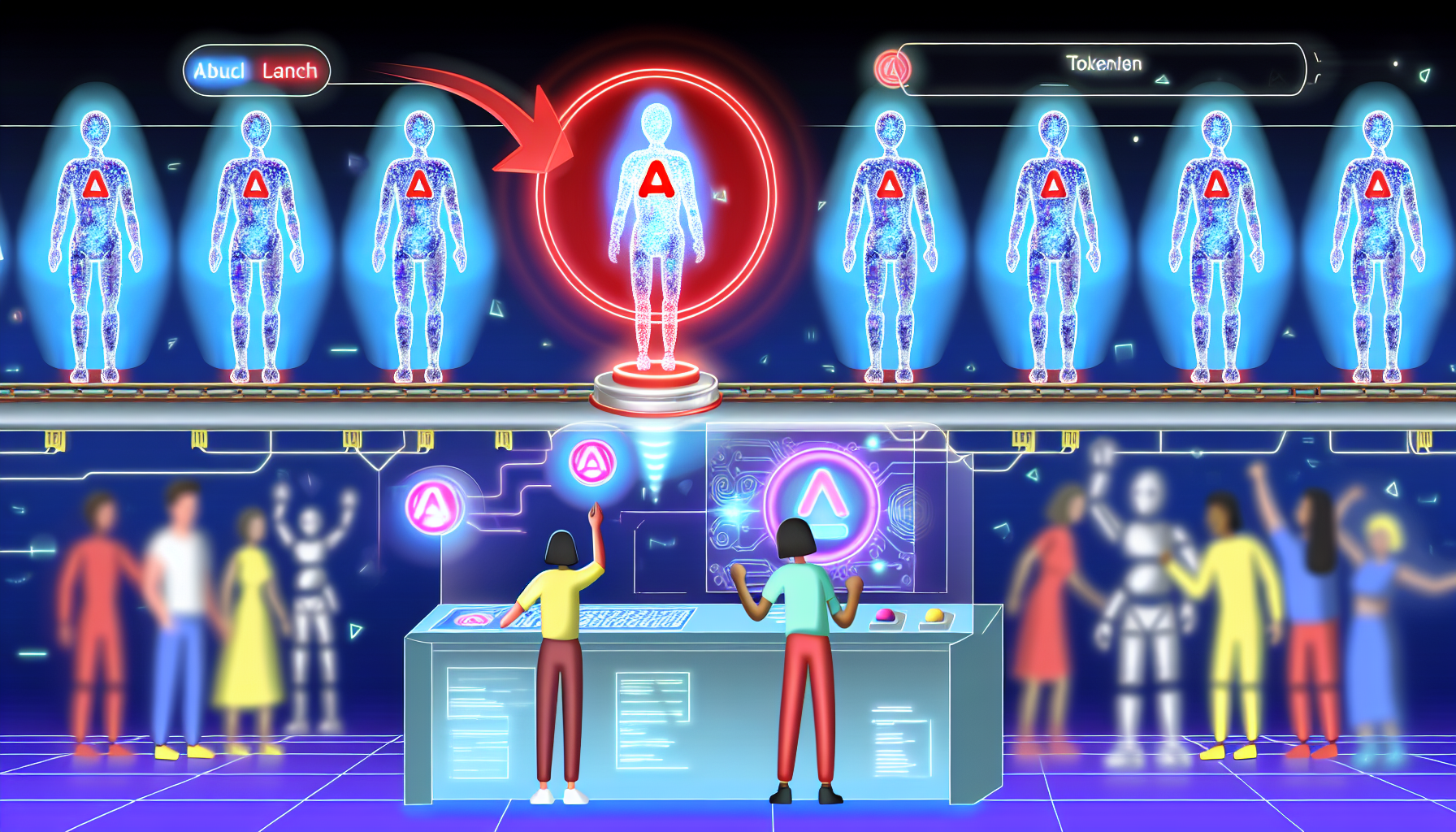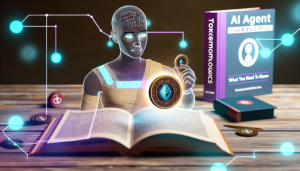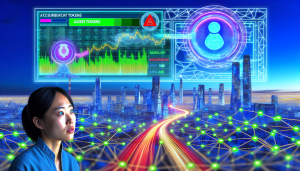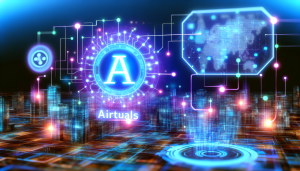The Virtuals Protocol represents a groundbreaking blockchain-based ecosystem designed to revolutionize how artificial intelligence agents are created, launched, and monetized. At its core, the protocol provides developers and creators with a comprehensive framework for transforming AI models into tradable, deployable digital assets.
Understanding the Fundamental Concept
Imagine AI agents as specialized digital workers that can perform complex tasks, solve problems, or provide specific services. The Virtuals Protocol takes these AI agents and turns them into blockchain-enabled tokens, allowing for unprecedented levels of ownership, transfer, and economic interaction.
Key Components of the Virtuals Protocol
The protocol consists of several critical infrastructure components that enable seamless AI agent tokenization:
1. Decentralized AI Marketplace
2. Smart Contract Integration
3. Token Generation Mechanisms
4. Governance Frameworks
These elements work together to create a robust environment where AI agents can be developed, traded, and utilized across multiple platforms and use cases.
Launching an AI Agent: Step-by-Step Process
To launch and tokenize an AI agent through the Virtuals Protocol, developers must follow a structured approach:
• Design the AI Agent: Create a specialized AI model with clear utility and purpose
• Define Tokenomics: Establish economic parameters for the agent’s token
• Deploy on Blockchain: Utilize protocol’s smart contract infrastructure
• Register in Marketplace: List the AI agent for potential users and investors
Technical Requirements
Successful tokenization requires:
– Robust AI model
– Blockchain compatibility
– Clear value proposition
– Comprehensive documentation
– Scalable architecture
Real-World Applications
The protocol enables diverse scenarios such as:
– Algorithmic trading bots
– Customer service AI
– Research and analysis agents
– Personalized recommendation systems
Economic Implications
By tokenizing AI agents, creators can:
– Generate revenue through agent usage
– Enable fractional ownership
– Create liquid markets for intelligent systems
– Incentivize continuous improvement
Challenges and Considerations
While promising, the protocol faces challenges including:
– Complex regulatory environments
– Technical integration difficulties
– Ensuring AI ethical standards
– Maintaining agent performance
Future Potential
The Virtuals Protocol represents more than a technological innovation—it’s a paradigm shift in how we conceptualize artificial intelligence as an economic asset. By providing a standardized framework for AI agent tokenization, it opens unprecedented opportunities for developers, investors, and users alike.
Developers interested in exploring this frontier should focus on creating AI agents with clear utility, robust performance, and innovative problem-solving capabilities. The protocol offers a revolutionary pathway to transform intelligent algorithms into tradable, value-generating assets.
As blockchain technology and artificial intelligence continue converging, protocols like Virtuals will play a pivotal role in shaping the next generation of decentralized, intelligent systems. The ability to tokenize and trade AI agents represents a fundamental reimagining of digital asset creation and exchange.



